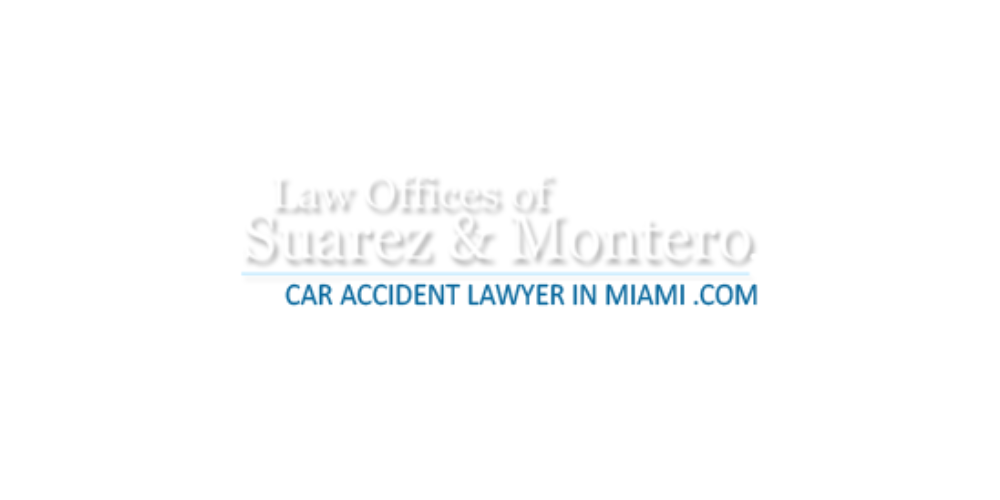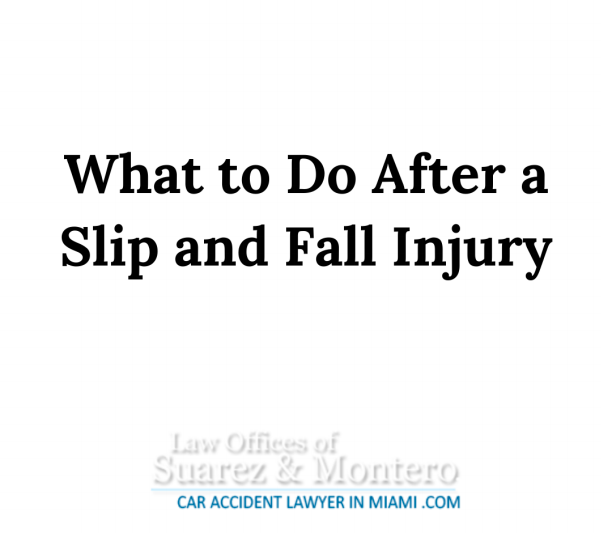
Do I Need Expert Witnesses for My Slip and Fall Lawsuit?
Slip and fall injuries can range in severity from mild ankle sprains to life-threatening head trauma. If you fell on someone else’s property because of their negligence and you sustained damages as a result, you shouldn’t have to pay for their mistakes. Hiring a personal injury lawyer will give you the best chances of securing a favorable outcome for your case. He or she may recommend hiring some expert witnesses to substantiate your allegations with evidence. Witness testimony is one of the best forms of evidence in a slip and fall case. In this blog post, we will discuss whether an expert witness is required in a slip and fall case.
Types of Witnesses
During a trial, all the plaintiff’s witnesses will testify and then, when the plaintiff is totally done presenting witnesses, the defendant’s witnesses will testify. Occasionally, a defense witness may testify during the plaintiff’s case, out of order, if necessary, to accommodate a reasonable schedule. This is particularly true of doctors and other expert witness. There are two general categories of witnesses, fact witnesses and expert witnesses. Fact witnesses are witnesses who testify about things that they have experienced things they saw, heard, smelled or felt and can recount to the court. Expert witnesses provide opinions. Fact witnesses can sometimes give opinions about limited issues without being qualified as an expert on a subject. For example, a fact witness might be allowed to testify, based on what she saw, that in her opinion another person was drunk or seemed upset. In other words, they can give opinions that any intelligent person might form. Expert witnesses, on the other hand, give opinions on subjects that everyday people are typically unable to understand on their own. For example, an orthopedic surgeon might be brought to court to give an opinion as to whether a plaintiff’s back injury will have permanent consequences or whether that plaintiff will require surgery in the future. A professional surveyor may be brought to court to give an opinion about the location of a boundary line between two pieces of property. An automotive engineer might be brought to testify in a product liability case that an airbag improperly failed to deploy in an accident and so on. In order to be permitted by the judge to give expert opinions, a witness must be qualified as an expert. In other words, the judge must certify the witness as an expert. To convince the judge that a witness is qualified as an expert in a field, the attorney will question the witness, before any opinions are given, about that person’s education, experience and specialties. Then, the judge will determine whether the witness is qualified as an expert and therefore may give expert opinions; the judge may also rule on what subjects the expert may offer opinions. Sometimes, to save time, the other lawyers will agree that a witness is an expert. This saves some of the time required to qualify the expert. This may be a trick, though. The defendant’s lawyer may stipulate that a witness is an expert and then argue that, because of the stipulation, the plaintiff’s attorney should not be allowed to spend a lot of time having the expert testify about his or her impressive credentials. If the defendant’s side has an expert with weaker credentials, the lawyer may use this stipulation trick to argue that credentials are irrelevant. I think that most judges would still let your lawyer bring up your expert’s credentials, even if it is stipulated that the witness is an expert—but you never know.
Speak with a Personal Injury Attorney Today!
The amount of fair compensation that can be obtained in a personal injury case depends on many factors including the type of fall, seriousness of injuries, and the cost of medical treatment and therapy, to name a few. When you are injured and trying to heal, collecting vital evidence and building your claim can be stressful and a lot to handle. In cases where there is very little evidence, proving negligence can be intimidating. It is important to seek the counsel of an attorney. At Suarez & Montero, our policy is that if you don’t recover compensation, you won’t pay any fees for our services. Not to mention, we also provide free case consultations where we assess the circumstances surrounding your case and give you an objective overview of what steps you can take going forward if you decide to act against the party responsible for your injuries. We are available 24/7 to give you a free, no risk case consultation.
We serve clients throughout Florida including those in the following areas:
Miami-Dade: Aventura, Coral Gables, Doral, Fontainebleau, Hialeah, Homestead, Kendall, Miami, Miami Beach, Miami Lakes, North Miami, Tamiami, and Westchester.
Broward: Fort Lauderdale, Hallandale Beach, Hollywood, Pembroke Pines, and Weston; and Palm Beach County including Boca Raton, Lake Worth, and West Palm Beach.





